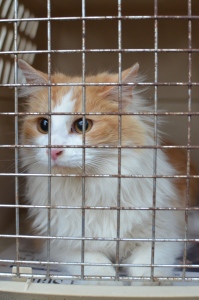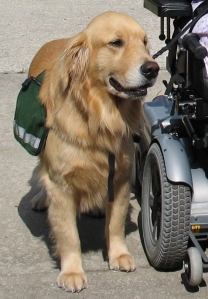To Alaska House Representative Liz Vazquez for introducing a bill that would grant companion animalsgreater legal protection in the state of Alaska.
While most of us do not think of our companion animals in terms of being “personal property,” that is precisely how companion animals are still viewed in many cases heard by state and county courts. In
Alaska, a recently introduced H.B. 147 would not stop the law from viewing animals as property – but if passed, it would grant a higher legal protection for animals. For one, the bill introduced this spring by Rep. Liz Vazquez would require citizens convicted of animal cruelty or neglect to personally pay for the care provided to animals seized from their property. The bill
would also include animals in domestic violence protection orders. In civil cases involving divorce, the bill would create a statute requiring judges to consider the best interest of the animal when ruling on issues of ownership.
Take action. Residents of Alaska, contact your representatives and ask them to support H.B. 147, and other legislation that protects companion animals from violence and neglect.















